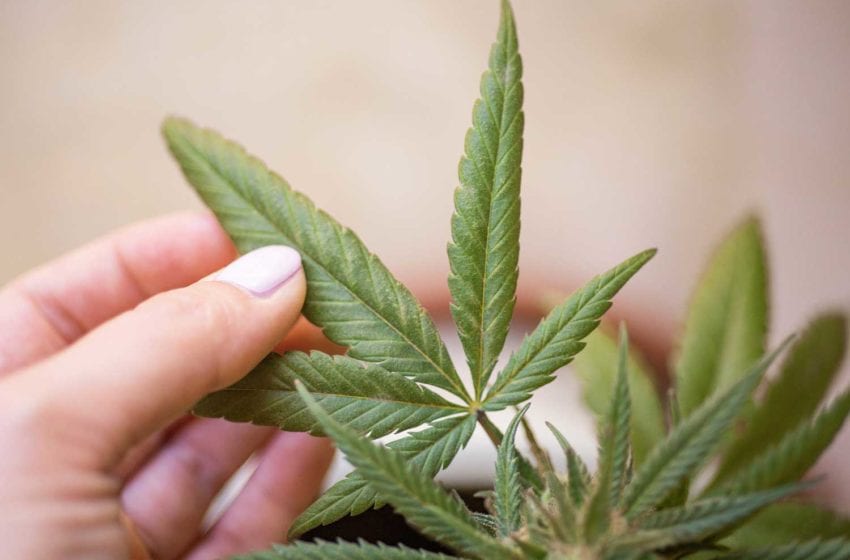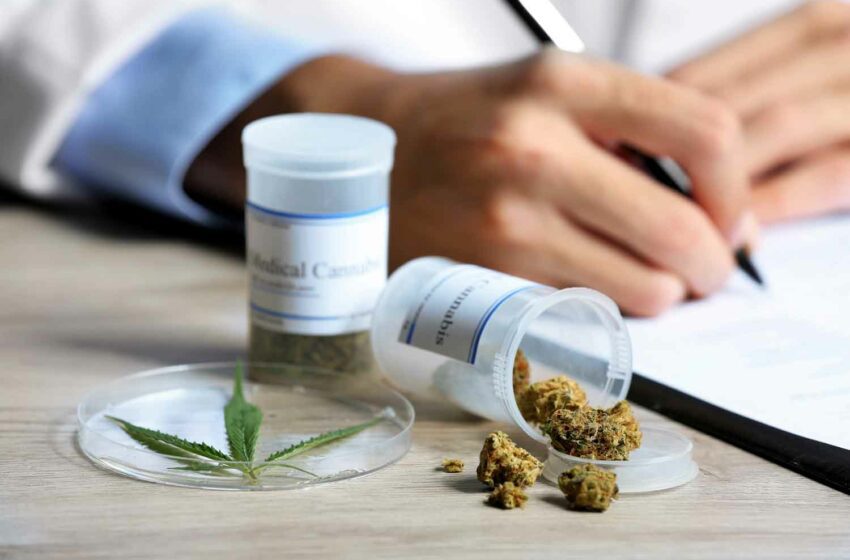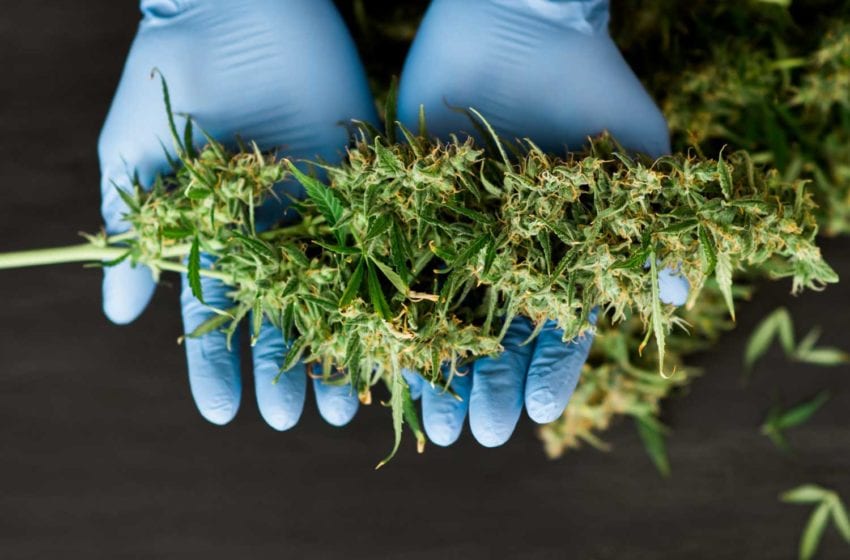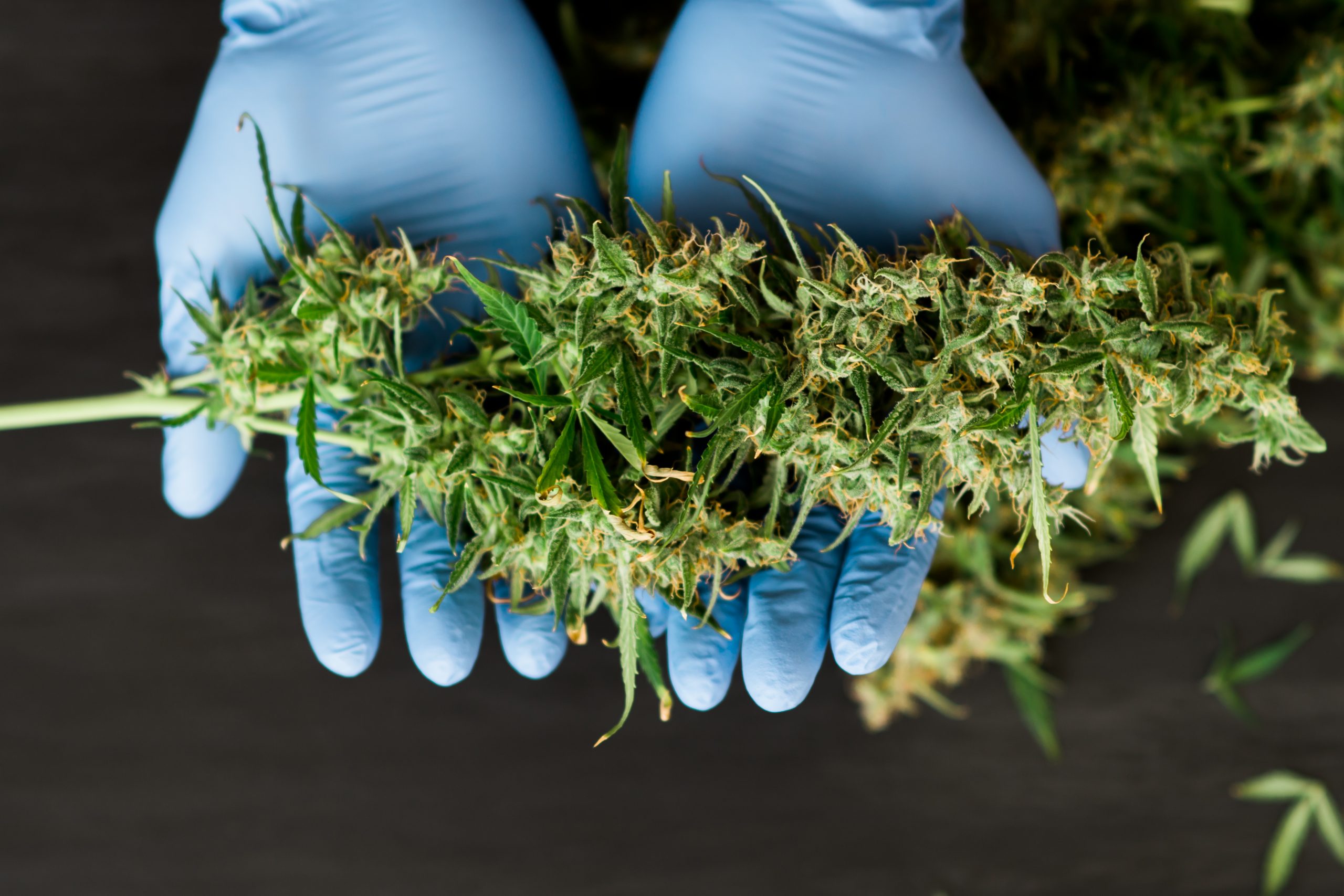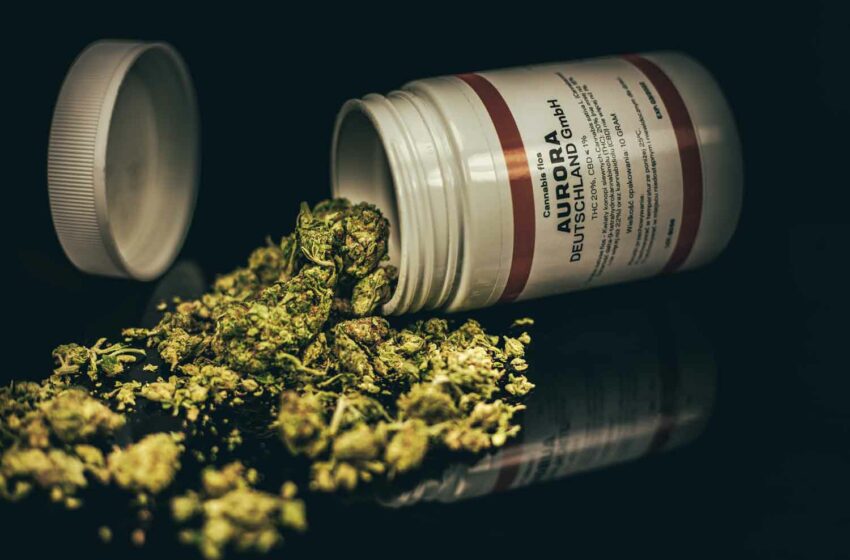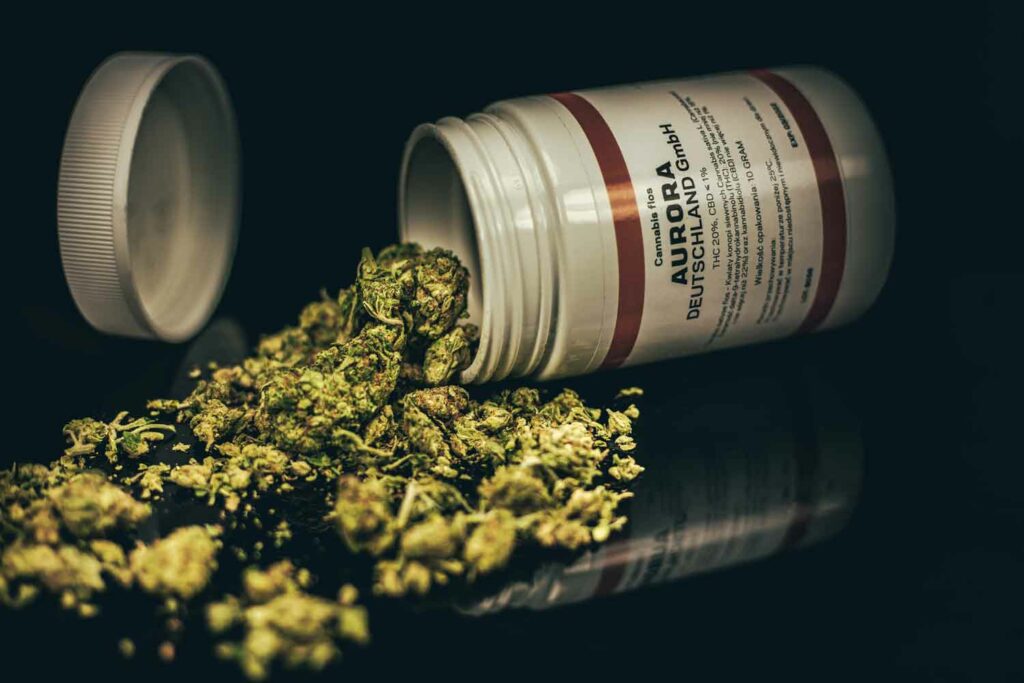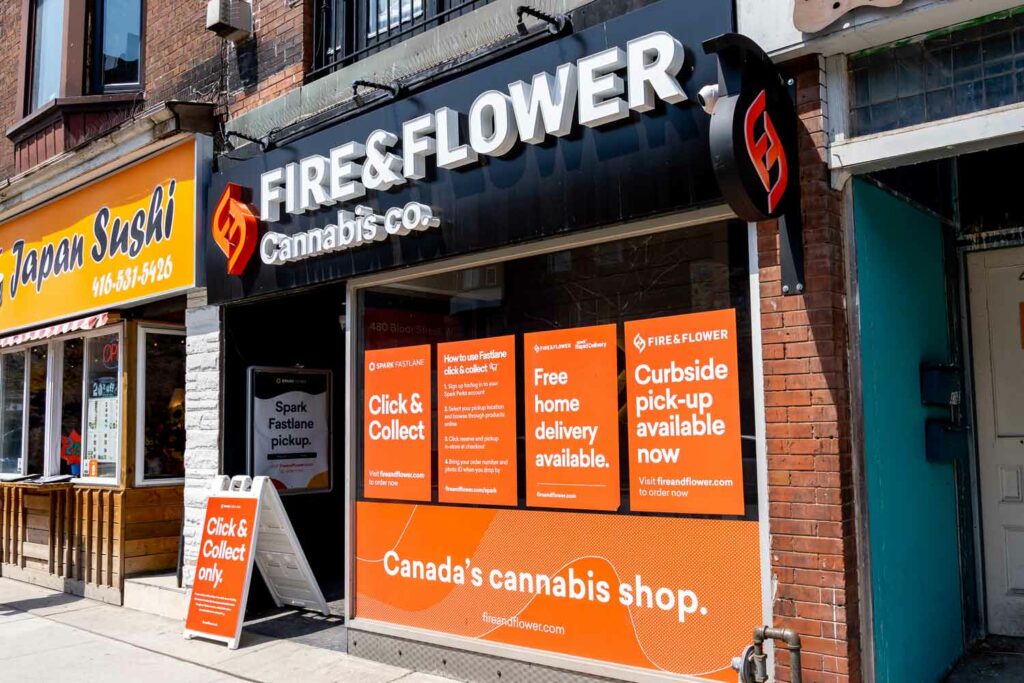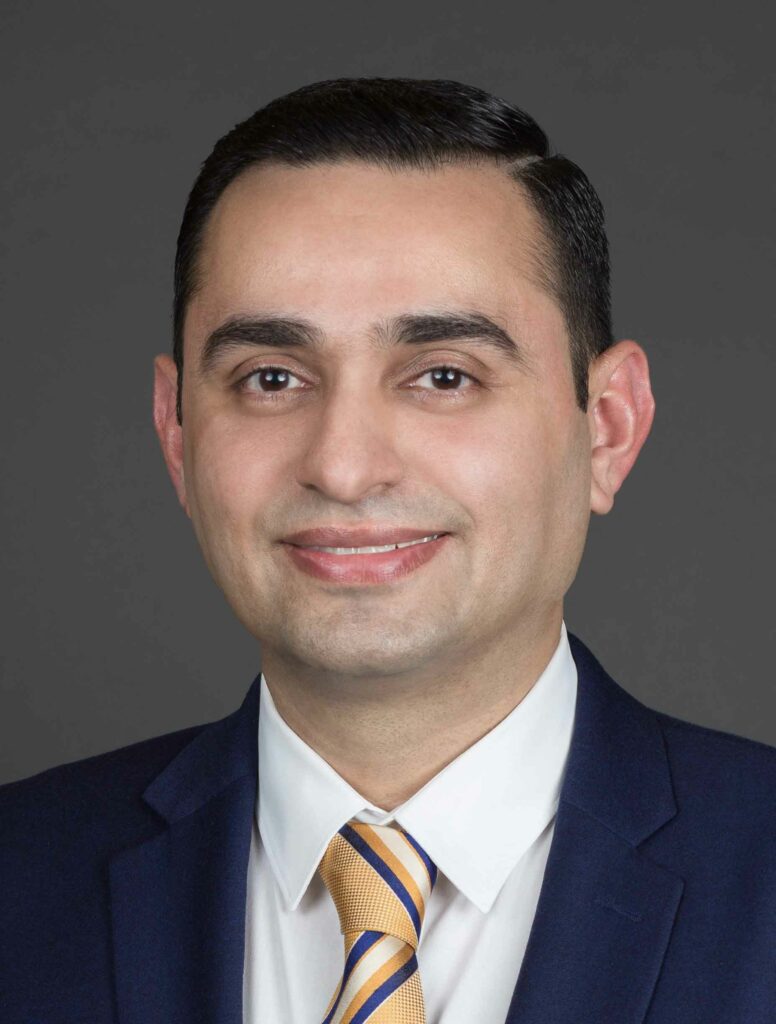As it seeks to reduce its reliance on tobacco, Zimbabwe is investing in cannabis research.
By Daisy Jeremani
In a bid to bridge the knowledge gap in Zimbabwe’s burgeoning cannabis industry, the Zimbabwe Industrial Hemp Trust (ZIHT) has identified 63 medical doctors for training to equip them with skills to conduct medical and clinical research on cannabis.
They are in a flexible 12-month online program that was designed in Australia by the International College of Cannabinoid Medicine. Students can study at their own pace but are expected to finish the course within 12 months.
Nesisa Ncube, a junior resident medical officer at Mpilo Central Hospital in Bulawayo, Zimbabwe’s second biggest city, views her selection to participate in the course as an honor and an opportunity to learn more about the new medicinal cannabis sector.
She hailed the training as “insightful” as it delves, among other modules, into pharmacokinetics of medicinal cannabis and also what to consider when planning to prescribe medicinal cannabis to a patient.
“It has been interesting to learn how some conditions which don’t have clear and effective treatments are now being treated with medicinal cannabis, and there have been some good outcomes,” she said in an interview with Tobacco Reporter.
The southern African nation, which is also the continent’s biggest tobacco producer, has been working to diversify that sector amid the intensifying campaign against the golden leaf over environmental and health concerns. Zimbabwe identified cannabis production as among the possible pathways to diversification.
In April 2018, it became Africa’s second country (after Lesotho) to issue licenses for production of cannabis for medicinal and scientific use. Thereafter, the government created a licensing and enforcement desk to administer the relevant statutory instrument on behalf of the health ministry. The desk’s mandate covers applications for licenses of sites, applications for renewal, variation or amendment of licenses for sites or persons, the production, handling, import and exportation of controlled substances and all compliance issues relating to controlled substances.
Locally produced cannabis is largely for export purposes only, with domestic use restricted to research and development purposes.
In its 2022 annual report, The Medicines Control Authority of Zimbabwe (MCAZ) says that it has issued 59 licenses for production of cannabis for medicinal and scientific use. Fifty-eight licenses were active with 56 of them being for cultivation and production and two for cultivation and research.
Last year,, the MCAZ received two applications for production of hemp-based cannabidiol products as complementary medicines. It issued one of the applicants with a pharmaceutical manufacturer’s license restricted to complementary medicines manufacture.
Among the major licensees is Swiss Bioceuticals, which launched a $27 million medicinal cannabis farm just outside Harare in May 2022.
ZIHT CEO Zorodzai Maroveke said most of the ZIHT’s activities are to fill gaps and needs in the hemp industry, and one of the gaps it has identified is the lack of knowledge among local medical health professionals. It is against this background that the ZIHT has facilitated the year-long training program.
“It is the study of a very huge biological system called the endocannabinoid system,” she said.
The local medicinal cannabis industry has not developed as fast as expected since the first license was issued five years ago due to what Maroveke describes as tight compliance requirements by the regulator and failure to comply by most players. The enormity of resources required for entry is the biggest hurdle, she observed.
ZIHT is worried over these challenges, which are frustrating more effective participation into this specialized area by local investors.
“The industry remains capital-intensive, the market dynamics present a market access challenge, [and] lack of localized expertise have all affected the participation of local investors,” said Maroveke.
Although ZIHT’s primary area of interest is industrial hemp, she said, their support for medicinal cannabis is because there was no active representation of the sector by its major stakeholders.
Ncube is optimistic that the training she is undergoing will advance her career as it covers an area that is not yet part of the curriculum at local medical schools. The increase in the number of health professionals who are conversant with this novel treatment system, she observed, will add diversity to the medical fraternity.
“The training will help advance my career by educating me on the mechanisms of action and prescribing considerations for medicinal cannabis, which is not really a subject that was covered in med school, and this will benefit the medicinal cannabis sector because this increases the number of health professionals who have knowledge on the subject, which enables expansion of the sector into other countries like mine,” Ncube said.
“I see expansion of the industry with distribution centers all over the world with safe prescription and monitoring of patients by properly trained health care professionals on the subject.”
Zimbabwe is battling an increase in psychiatric cases due to abuse of various illicit substances, cannabis included. Up to 80 percent of all admissions to Ingutsheni Psychiatric Hospital in Bulawayo are due to drug and substance abuse, including marijuana, officials say.
Percy Mukwacha, who is also training in psychiatry at the University of Zimbabwe and is also undergoing training under the ZIHT scheme, said he was mostly impressed by the potential of cannabinoid not only to treat a number of illnesses but to also ease the burden on local healthcare.
“In mental health, we get a lot of morbidity from cannabis use. That’s what interested me to join this training where cannabis can have positive effects on the society,” he told Tobacco Reporter.
“I guess an understanding of this ubiquitous substance with problematic consequences has to be helpful in my career.”
Treatments derived from cannabis, said Admire Machongwe, a medical doctor in private practice in Harare, have potential to revolutionize patient care in the country.
“We were notified of the scholarship but were already intrigued by the way cannabinoid medicines were being used to treat chronic pain and other ailments,” he said.
“It [training] will be quite beneficial,” he added. “We expect cannabinoid medicines to be licensed in Zimbabwe in the near future. Treatment of otherwise difficult-to-treat conditions like chronic pain and depression might be achievable.”







